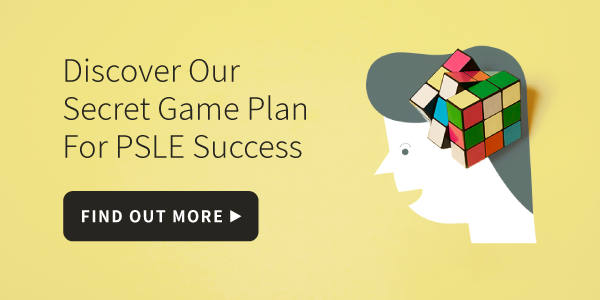
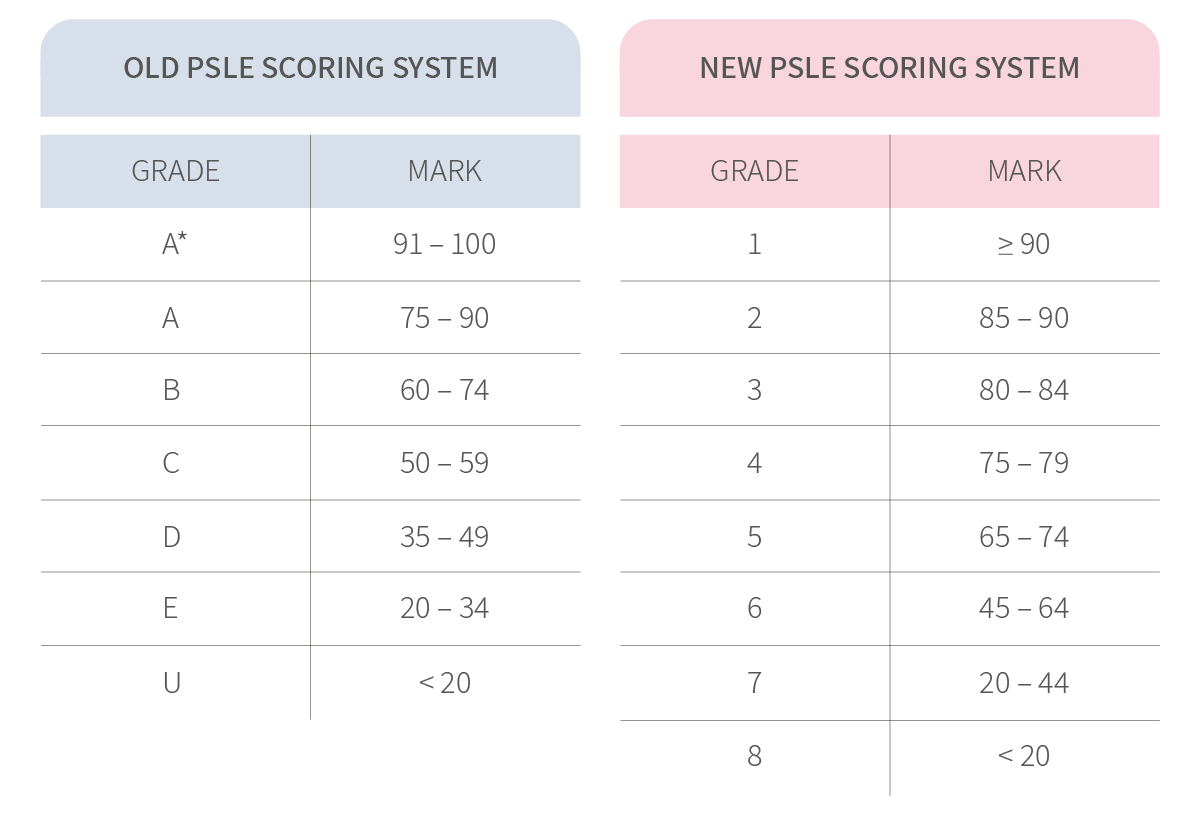
Experiment-based questions are increasingly common in primary school examination papers today. These questions can be challenging, but here are some tips that can help your child tackle them successfully.
-Jul-16-2024-03-20-54-1173-PM.png)
Understanding the Experiment
Before your child can answer any experiment-based question, it is important for them to understand the experiment. Here are three steps that they can use to break down any experiment.
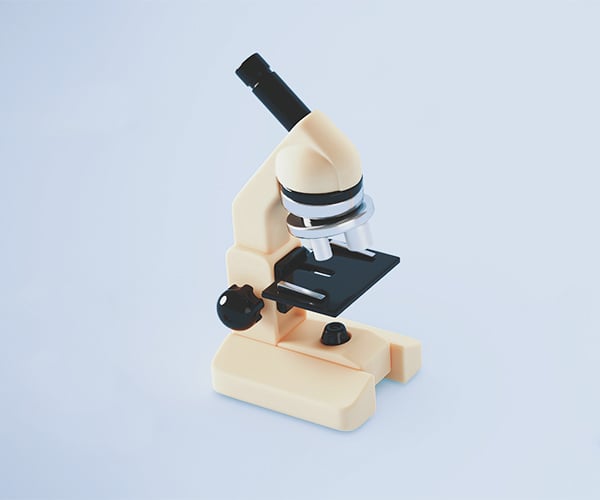
Step 1: Identify the changed variable.
What is the variable that is different between the set-ups in the experiment?
Step 2: Identify the measured variable.
What is the variable that is being measured or observed in the experiment?
Step 3: Identify the controlled variables.
What variables are being kept constant in the experiment so that they do not influence the effect of the changed variable on the measured variable.
Step 1: Identify the changed variable.
What is the variable that is different between the set-ups in the experiment?
Step 2: Identify the measured variable.
What is the variable that is being measured or observed in the experiment?
Step 3: Identify the controlled variables.
What variables are being kept constant in the experiment so that they do not influence the effect of the changed variable on the measured variable.
Example
John wanted to find out if temperature affects the rate of movement of water in stems. He used three similar stem pieces and three identical beakers with the same amount of red-coloured water. One of the beakers is shown below.
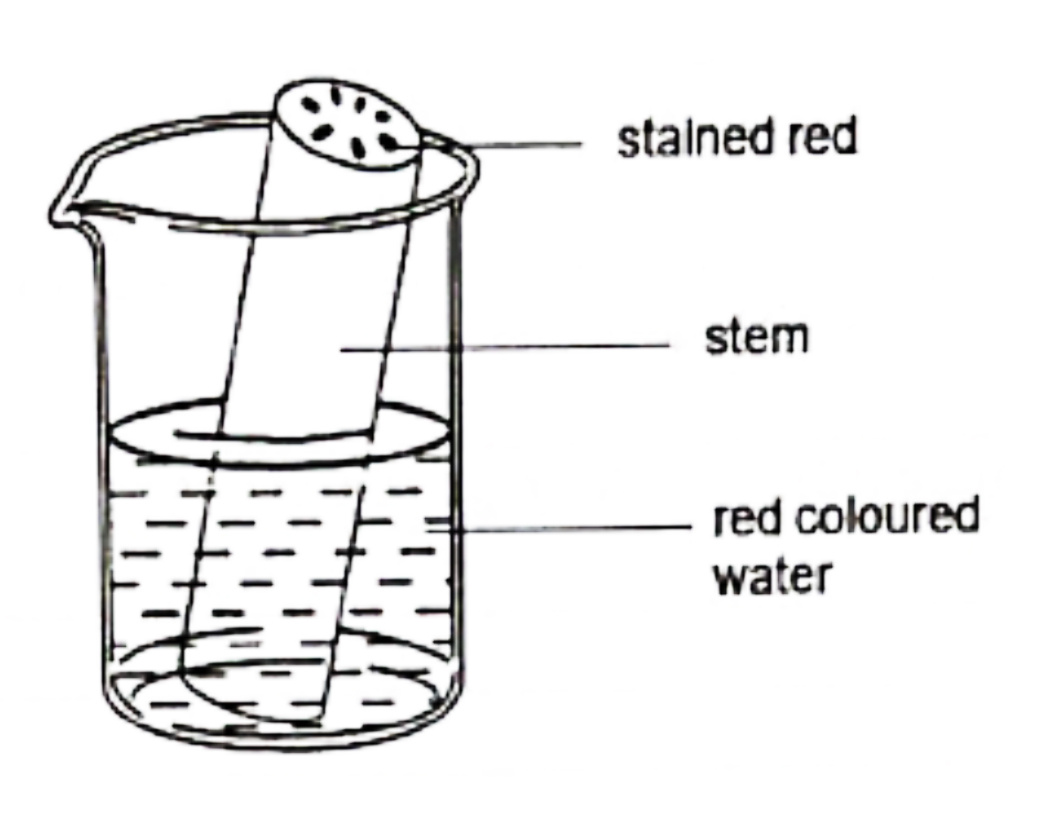
Step 1: Identify the changed variable.
The changed variable of the experiment above is the temperature of the water as John wants to see how it affects the rate of movement of water in stems.
Step 2: Identify the measured variable.
The measured variable of the experiment above is the time taken for the water-carrying tubes in the stem to be stained red.
Step 3: Identify the controlled variables.
Some controlled variables include the type of stem used and the amount of red-coloured water in each beaker.
Step 1: Identify the changed variable.
The changed variable of the experiment above is the temperature of the water as John wants to see how it affects the rate of movement of water in stems.
Step 2: Identify the measured variable.
The measured variable of the experiment above is the time taken for the water-carrying tubes in the stem to be stained red.
Step 3: Identify the controlled variables.
Some controlled variables include the type of stem used and the amount of red-coloured water in each beaker.
Tips for Answering Experiment-Based Questions
Once your child understands the experiment, they can start to answer the questions. Here are common questions that can be asked based on an experiment set-up and tips for answering them.
Relationship Questions
E.g. What is the relationship between the temperature of the surroundings and the time taken for the stem to be stained red?
To answer these questions, your child should look at the results of the experiment and see if there is a pattern.
T I P :
Look for a pattern in the results of the experiment to identify the relationship between the changed variable and the measured variable.
Fair Test Questions
E.g. How does using the same amount of red-coloured water ensure that the experiment is a fair test?
To answer these questions, your child should identify the changed variable and make sure that all the other variables are kept constant.
T I P :
Identify the changed variable and make sure that all the other variables are kept constant to ensure that an experiment is fair.
Reliability Questions
E.g. How can the reliability of the experiment be improved?
Methods to increase the reliability of an experiment include repeating the experiment and calculating the average of the results or observing multiple sets of the same set-up to ensure that the results are consistent.
T I P :
Think about how to reduce the chance of a random error causing the results.
Accuracy Questions
E.g. How can the accuracy of the experiment results be improved?
The accuracy of the results is how close the experimental result is to the actual result. Accuracy can be improved by using more precise instruments (such as a stopwatch instead of a wristwatch).
T I P :
Identify more precise instruments to use or if any precautions to minimise human error were taken to calculate measurements for the experiment.
By following these tips, your child can learn to tackle common experiment-based questions in primary school science successfully. With practice, they will be able to confidently answer any experiment-based question that comes their way.
Empower Your Child With the Right Support in 2024
These out-of-the-box questions may throw off students who rely on rote memorisation but if students are equipped with the necessary question analysis, reasoning and inferential skills, they are able to confidently tackle these increasingly prevalent exam questions.
At The Learning Lab, our students develop holistically to manage new challenges that the next level brings. We provide students with a deep understanding of scientific concepts and hone key skills such as systematic question analysis and deductive reasoning techniques, empowering them to confidently apply the right skills and answering techniques to tackle out-of-the-box scenarios.
The Learning Lab is now at locations. Find a location that suits your needs.
If you have any questions about our programmes, please email us at enquiry@thelearninglab.com.sg or call us at 6733 8711 and we will be happy to assist you.
Relationship Questions
E.g. What is the relationship between the temperature of the surroundings and the time taken for the stem to be stained red?
To answer these questions, your child should look at the results of the experiment and see if there is a pattern.
Tip:
Look for a pattern in the results of the experiment to identify the relationship between the changed variable and the measured variable.
Fair Test Questions
E.g. How does using the same amount of red-coloured water ensure that the experiment is a fair test?
To answer these questions, your child should identify the changed variable and make sure that all the other variables are kept constant.
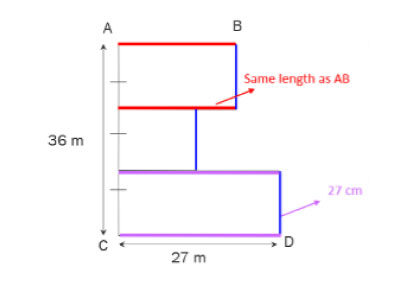
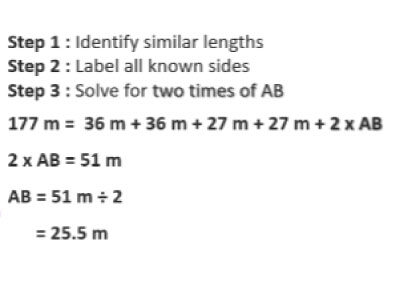


Tip:
Identify the changed variable and make sure that all the other variables are kept constant to ensure that an experiment is fair.
Reliability Questions
E.g. How can the reliability of the experiment be improved?
Methods to increase the reliability of an experiment include repeating the experiment and calculating the average of the results or observing multiple sets of the same set-up to ensure that the results are consistent.
Tip:
Think about how to reduce the chance of a random error causing the results.
Accuracy Questions
E.g. How can the accuracy of the experiment results be improved?
The accuracy of the results is how close the experimental result is to the actual result. Accuracy can be improved by using more precise instruments (such as a stopwatch instead of a wristwatch).
Tip:
Identify more precise instruments to use or if any precautions to minimise human error were taken to calculate measurements for the experiment.
By following these tips, your child can learn to tackle common experiment-based questions in primary school science successfully. With practice, they will be able to confidently answer any experiment-based question that comes their way.
Empower Your Child With the Right Support in 2024
These out-of-the-box questions may throw off students who rely on rote memorisation but if students are equipped with the necessary question analysis, reasoning and inferential skills, they are able to confidently tackle these increasingly prevalent exam questions.
At The Learning Lab, our students develop holistically to manage new challenges that the next level brings. We provide students with a deep understanding of scientific concepts and hone key skills such as systematic question analysis and deductive reasoning techniques, empowering them to confidently apply the right skills and answering techniques to tackle out-of-the-box scenarios.
The Learning Lab is now at locations. Find a location that suits your needs.
If you have any questions about our programmes, please email us at enquiry@thelearninglab.com.sg or call us at 6733 8711 and we will be happy to assist you.
The Learning Lab is now at locations. Find a location that suits your needs.
If you have any questions about our range of programmes or class schedules, you may contact us at 6733 8711 or drop us an email at enquiry@thelearninglab.com.sg.



